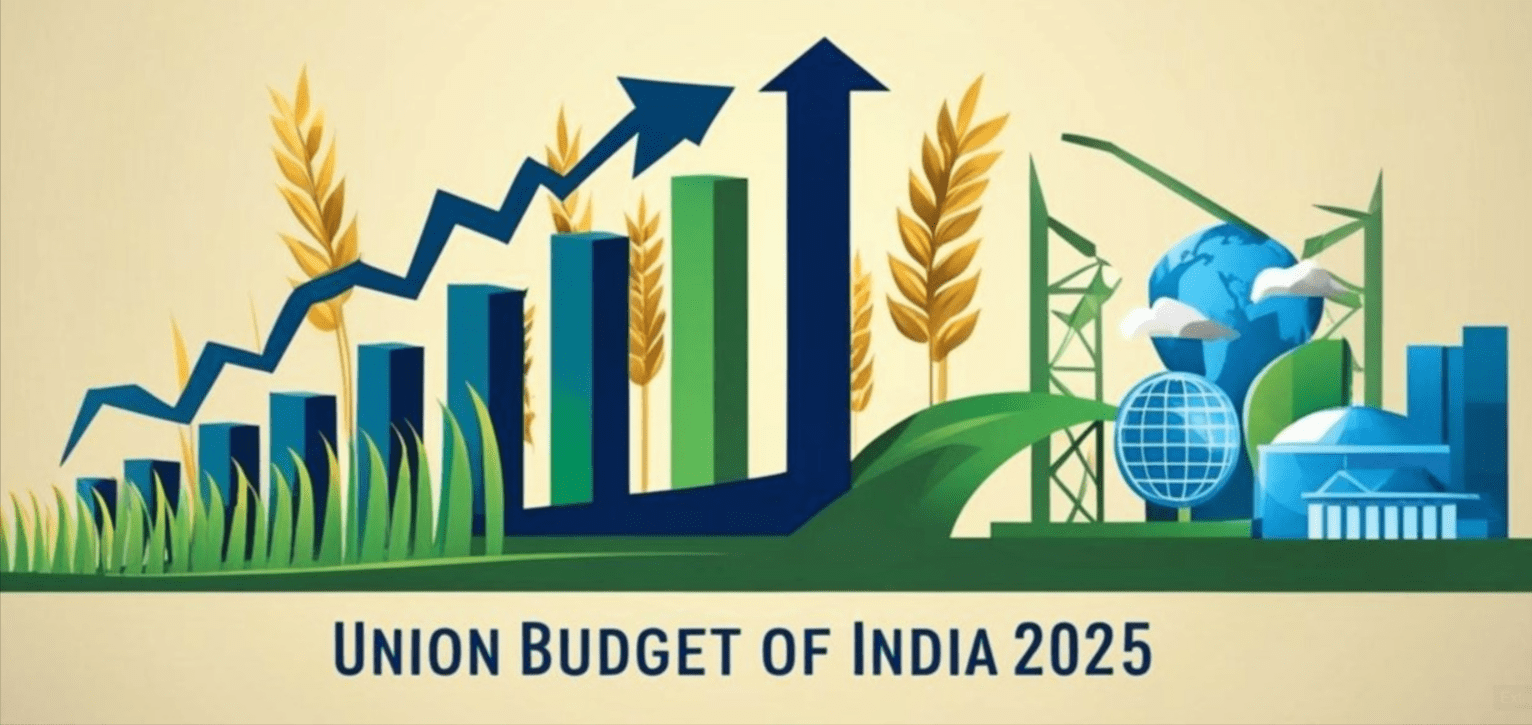The Indian government’s annual financial planning is a crucial event that shapes the economic landscape of the nation. With the Union Budget 2025 approaching, there’s a lot of buzz around the terms “Vote on Account” and “Interim Budget.” Both are distinct financial provisions used by the government in different circumstances, but many people may find it confusing to differentiate between them. In this article, we will dive deep into what a Vote on Account is and how it differs from the Interim Budget, all while keeping an eye on the Union Budget Live updates for the latest developments.
What is a Vote on Account?
A Vote on Account is a temporary financial provision that allows the government to continue its expenditure for the initial months of the financial year. This provision is especially used when the Union Budget is delayed or when the government does not have enough time to present the full budget for approval by Parliament. A Vote on Account typically covers only the expenditure portion, particularly the non-plan or recurring expenses, such as salaries, pensions, and essential services that cannot be postponed.
A Vote on Account does not involve the presentation of any new proposals or changes in the taxation system. Essentially, it serves as a “stop-gap” arrangement until the government can present a full Union Budget, which outlines its economic vision, plans, and policy changes for the year ahead.
The practice of approving a Vote on Account is part of the government’s fiscal management, ensuring that the country’s financial machinery continues to function smoothly while waiting for the complete budget approval. The Vote on Account is usually limited to a period of two to four months and is presented in Parliament for approval.
Key Features of Vote on Account
- Short-term Financial Arrangement: The Vote on Account covers only the essential expenses for the immediate future, such as administrative costs and social welfare programs, until the full budget is passed.
- No New Proposals: It doesn’t include any proposals for new taxation policies, fiscal reforms, or changes in spending allocations. The primary focus is maintaining continuity in government operations.
- Legislative Approval: Just like the Union Budget, the Vote on Account must be passed by Parliament before the government can access funds for its expenditures.
How is Vote on Account Different from Interim Budget?
While both the Vote on Account and Interim Budget serve as temporary financial tools during times of uncertainty, they are used in different contexts and serve distinct purposes. Here’s a breakdown of their differences:
- Purpose and Scope:
- Vote on Account: As mentioned earlier, a Vote on Account ensures that the government has the necessary funds to meet its expenses until the full Union Budget is passed. It is purely a financial arrangement for the short term.
- Interim Budget: The Interim Budget is a full-fledged budget presented by the government when it is nearing the end of its term (usually just before general elections). Unlike the Vote on Account, the Interim Budget includes proposals for new taxes, allocations, and economic policies for the next fiscal year. It serves as a precursor to the full Union Budget.
- Policy Proposals:
- Vote on Account: No new policy changes or proposals are presented in the Vote on Account. It is simply a financial measure to ensure that the government’s day-to-day activities continue without disruption.
- Interim Budget: The Interim Budget often includes fiscal measures, proposals, and policy recommendations for the next fiscal year. This is particularly useful when the government wants to announce tax cuts, welfare schemes, or any significant changes before handing over power to the new government.
- Duration:
- Vote on Account: It usually lasts for a few months until the full Union Budget is passed.
- Interim Budget: It generally covers the entire fiscal year until a new government is formed and presents the final budget.
The Union Budget Live: Stay Updated on Important Announcements
As we approach Budget 2025, staying updated with the latest Union Budget Live updates becomes crucial. Whether it’s the government’s new fiscal policies, tax reforms, or measures to boost economic growth, live updates allow citizens, investors, and businesses to stay informed and plan accordingly. With a proper understanding of the Vote on Account and how it relates to the broader budgetary process, citizens can better grasp how the government manages its finances during times of transition.
Conclusion
In conclusion, while both the Vote on Account and Interim Budget are temporary financial provisions, their purposes and scope differ significantly. The Vote on Account ensures the government has funds to continue essential services while waiting for the full budget to be passed, whereas the Interim Budget provides a comprehensive overview of the government’s financial plans, including new proposals. As the Union Budget 2025 approaches, it’s essential to understand these terms and their implications, ensuring you remain well-informed of the fiscal direction of the country. Keep an eye on Union Budget Live for real-time updates and analysis!





